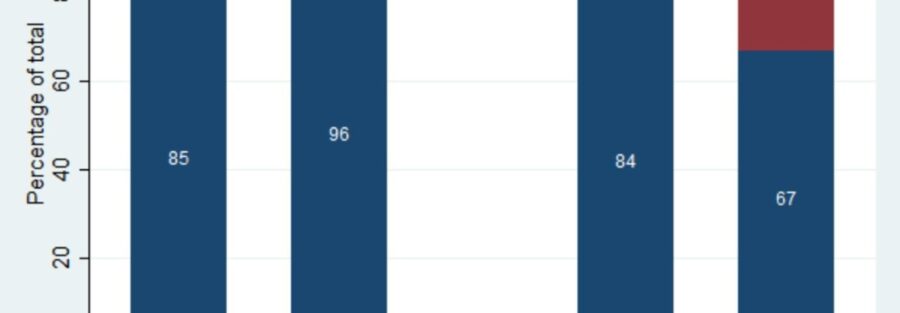New York, Nov 23 Despite warnings about the link between alcohol consumption and cancer, fewer than half of Americans are aware that regular drinking raises the risk of developing cancer later in life.
A survey conducted by the Annenberg Public Policy Center (APPC) at the University of Pennsylvania found that only 40% of respondents recognized the connection between regular alcohol consumption and increased cancer risk. Meanwhile, another 40% were uncertain about the link, and 20% held inaccurate beliefs, either thinking alcohol has no impact or that it reduces the likelihood of cancer.
The US Centers for Disease Control and Prevention emphasizes that reducing alcohol intake or abstaining altogether can help lower the risk of cancer.
According to the CDC, over half of American adults consume alcohol, with 17% engaging in binge drinking and 6% classified as heavy drinkers.
The survey highlights that the health risks associated with alcohol consumption are well-documented through systematic reviews and meta-analyses, demonstrating a clear correlation between alcohol use and an increased risk of cancer and mortality.
“Public health campaigns addressing the risks of alcohol consumption must contend with the influence of decades of strategic marketing and favorable media representations,” said Patrick E. Jamieson, director of APPC’s Annenberg Health and Risk Communication Institute.
The survey data were drawn from the 21st wave of a nationally representative panel comprising 1,744 U.S. adults. To address participant attrition, small replenishment samples were periodically added using a random probability sampling method.




